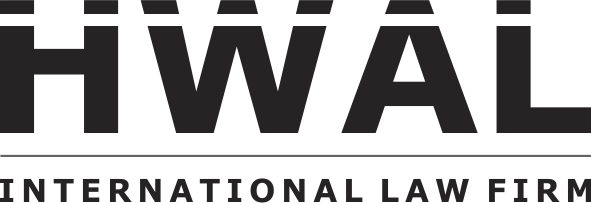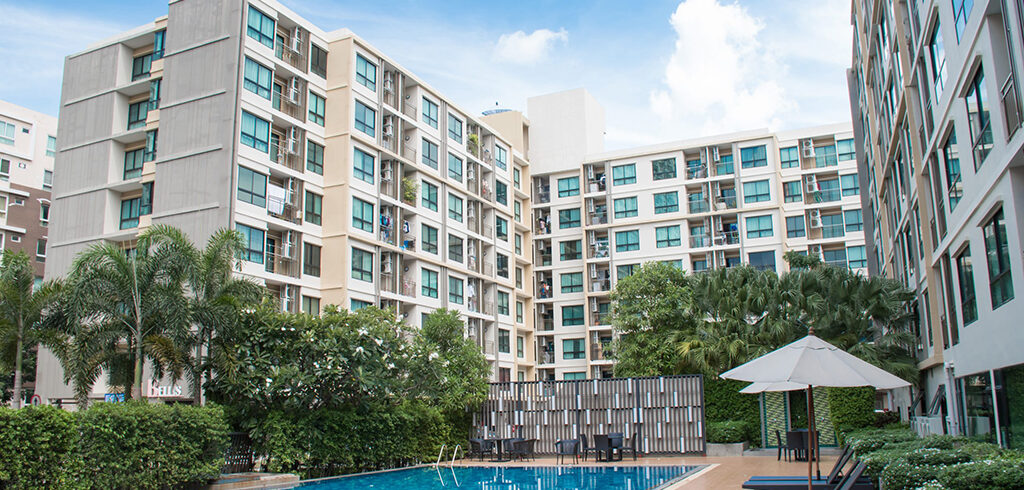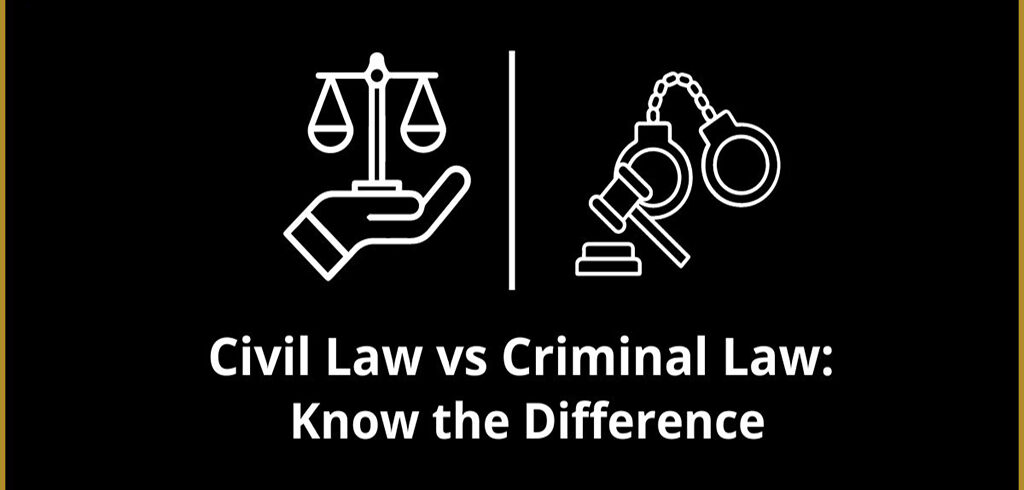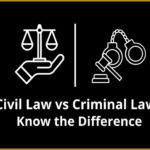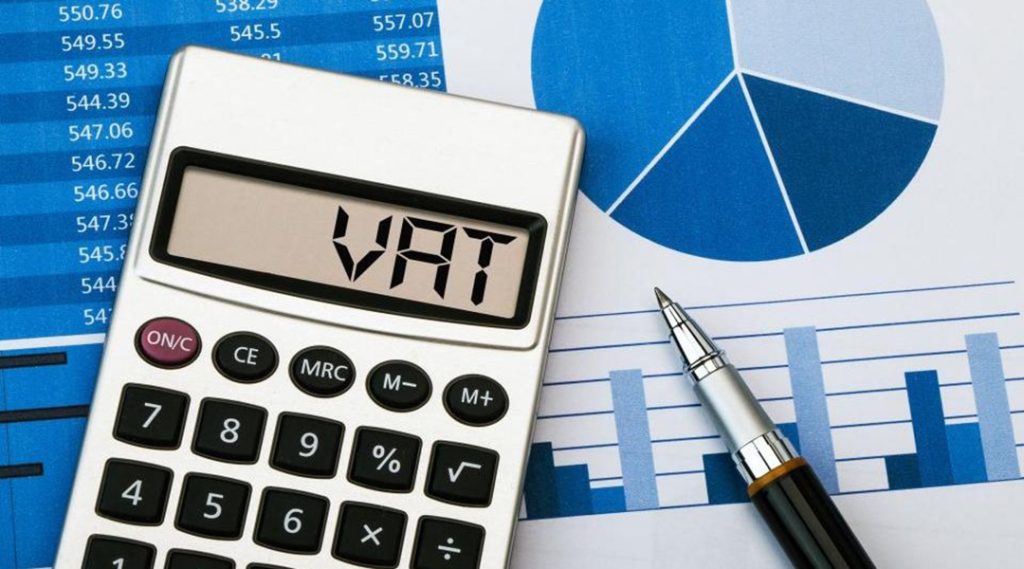
Value Added Tax or VAT is an evaluation tax which applies to all wholesalers, manufacturers, producers, importers, shops and other entities offering direct services until exempted underneath the revenue Code. All corporations not included by the revenue Code exemption need to sign up and adopt the VAT system.
Following are distinctive as exempted from VAT.
- Corporations with turnover not in excess of 1.8 million Baht in a year
- The sale and import of raw agricultural products and related items
- The sale and import of newspapers, magazines and textbooks
- Health and academic services, domestic transport
- Leasing of immovable property
- Items exempt from import duty and destined for export-processing zones are covered in this category, along side research and technical services, labor contracts, auditing and legal services.
VAT standard rate and payment schedule
The present day VAT rate is 7%. VAT is payable on the 15th of the month following the month in which VAT is accrued. VAT will become payable on the 7th of the month following the month of the fee if self-assessment of VAT output is needed at the price of certain income to non-citizens.
Agencies that qualify for VAT exemptions ought to still pay VAT on products and services it purchases but isn’t entitled to a VAT refund. Such corporations are not required to gather VAT on its income or document month-to-month VAT forms. If the exempt organisation opts to do so voluntarily, it’ll be entitled to a VAT refund if registered for VAT functions.
Real estate Taxes
Residence and land tax and local development tax are levied via the municipalities on Thai properties. it’s far imposed annually at the proprietors of a residence, a building structure or land that is rented or used commercially. real estate tax fee is 12.5% of the actual or assessed annual property value of the assets. The local development tax is likewise an annual tax paid through the owner of the land or the individual in ownership of the land. The local development tax charge will depend upon the appraised cost of the property in line with the assessment of local government. The price ranges from 0.25% to 0.95%.
Taxes Imposed on Thai belongings
The following tax requirements should be considered when buying belongings in Thailand:
VAT of 7 percent paid each month
Land and residence Tax of 12.5% of the rental value of the property to be paid every year
Withholding Tax of 15% applicable to rents paid to nonresident individuals and foreign agencies without active commercial enterprise operations in Thailand
The need for Tax planning
The advantage of tax planning is that everybody gets to arrange their financial affairs so they may be aware about precisely how much they need to pay in taxes for properties they acquire, according to the provisions of the law.
An overseas investor who is making plans to buy a villa in a premiere development held in a Thai organization need to cautiously remember the tax consequences or tax exposures of the purchase. The same applies to property deals that require the proprietor to take a shareholding in a organization.
